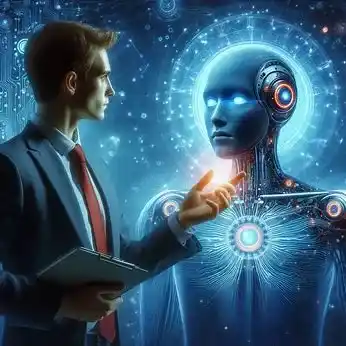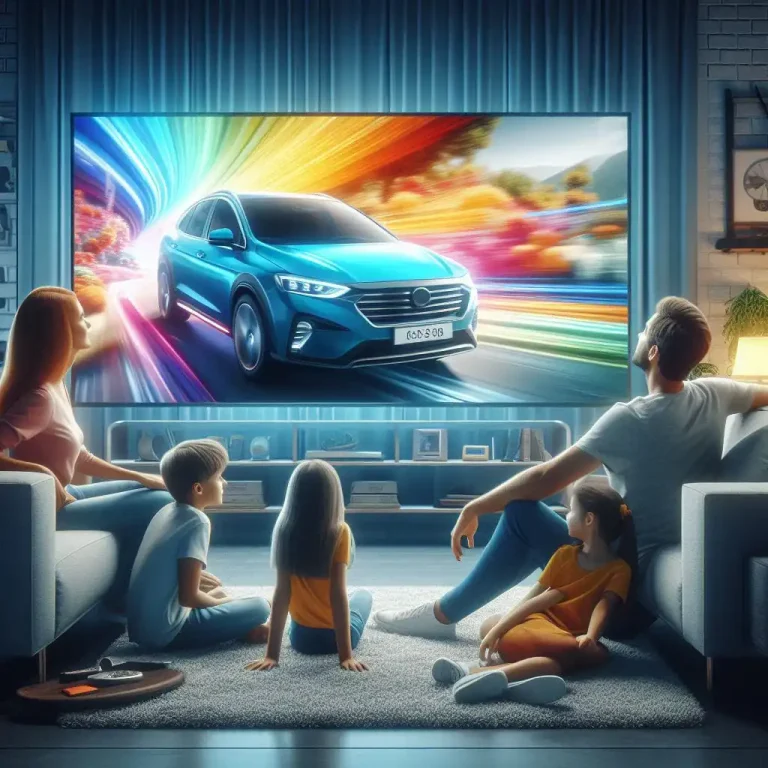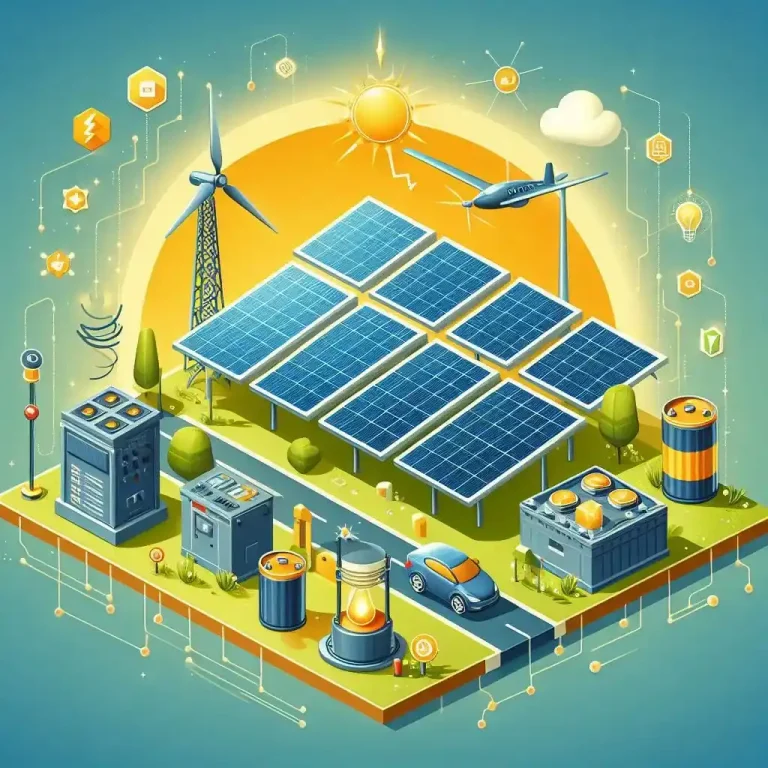The Impact of Young AI Models on the Future of Technology

In the realm of technology, young AI models are emerging. They redefine how we interact with digital worlds. But what is a virtual model?
It’s more than lines of code. It embodies advanced algorithms with learning capabilities. These models simulate human intelligence, learning from vast data.
They promise groundbreaking applications in various sectors. From healthcare to entertainment, their impact seems limitless. How will these young AI models shape our future?
Their potential remains untapped, inviting exploration and innovation. Let’s delve deeper into the possibilities and challenges they bring.
Revolutionizing Healthcare With AI
AI-generated 19 models promise to revolutionize patient care delivery. These models enable real-time health monitoring and personalized treatment plans. They also ease early disease detection, saving countless lives every year.
By analyzing vast datasets, AI helps identify potential outbreaks before they spread. This technology supports surgical procedures with precision and speed unmatched by humans.
With AI, medical research revs, bringing new treatments faster. Here are the key benefits:
- Personalized medicine
- Efficient diagnostics
- Rapid research developments
- Enhanced patient care
AI’s on healthcare points to a future where technology and human expertise combine. It is to provide unparalleled healthcare solutions. It signals a major advance in our approach to health and wellness.
Transforming Entertainment Through Interactivity
In the entertainment arena, AI is a game-changer. Virtual reality (VR) becomes deeply immersive, thanks to AI. AI girlfriend creators are shaping modern gaming experiences.
These digital companions offer interactive storylines and personalized interactions. It’s not just gaming; movies are becoming interactive stories. Viewers influence plots in real time with AI’s help.
AI’s creative algorithms transform music composition. AI-generated works are also influencing the art world.
This interaction fosters a unique connection between creators and audiences. The key aspects are:
- Deep immersion
- Personalized content
- Creative compositions
- Audience engagement
AI is redefining the boundaries of entertainment. It creates spaces where creativity and technology meet in unprecedented ways.
AI and Its Role in Enhancing Education
In education, AI is transforming how we learn and teach. AI teens, with their advanced capabilities, personalize learning experiences.
Students receive tailored content that suits their pace. This adaptability ensures no student falls behind or feels bored.
AI teens also automate administrative tasks. It frees educators to focus on teaching. They can grade assignments and manage schedules with efficiency.
AI supports language learning, making it more accessible. It breaks down barriers for non-native speakers. Key benefits include:
- Personalized learning
- Administrative efficiency
- Enhanced accessibility
AI’s role in education is pivotal. It promises a future of empowered learners and efficient educators.
The Economic Shifts Prompted by AI Advancements
AI advances are creating significant economic shifts. They reshape industries, creating new jobs while obsoleting others. Firms are investing in AI development.
This investment drives technical innovation rapidly. Productivity increases as AI automates routine tasks. Workers focus on complex, creative work instead.
Economic landscapes are changing across the globe. Traditional sectors face disruption, urging adaptation. The key shifts include:
- Job creation
- Increased productivity
- Sector disruption
These changes suggest a future where AI’s role is central. Economies will need to adapt to these evolving dynamics. The focus will shift toward innovation, education, and flexibility.
Ethical Considerations in AI Development
AI development brings with it profound ethical considerations. Ensuring AI’s ethical use is paramount for developers. It involves balancing innovation with moral responsibilities.
AI systems must focus on privacy and data protection. AI algorithms and models must be free of discrimination. Transparency in AI’s decision-making processes is critical.
Accountability for AI’s actions and outcomes is necessary. Developers should consider the long-term impacts of AI technology. Public dialogue about AI ethics is crucial for societal acceptance.
Ethical AI development requires ongoing evaluation and adaptation. Misuse of AI technology poses societal risks. Establishing ethical guidelines for AI is a collective responsibility.
AI’s Contribution to Environmental Sustainability
AI is pivotal in advancing environmental sustainability efforts. It optimizes renewable energy use. It makes green power more accessible.
Smart grids, powered by AI, balance electricity supply and demand. This technology reduces waste and increases recycling rates. AI monitors ecosystems, detecting illegal deforestation activities early.
It also predicts climate change impacts, guiding mitigation strategies. Precision agriculture, enhanced by AI, minimizes water and fertilizer use. The key contributions include:
- Energy optimization
- Waste reduction
- Ecosystem monitoring
- Climate prediction
These advances showcase AI’s role in promoting a more sustainable future. Innovative AI applications address environmental concerns.
Improving Everyday Life with Smart AI Applications
AI enhances daily life in many unseen ways. Its applications are diverse and growing daily. Smart homes manage energy use.
It saves money and conserves environmental resources. Personal assistants streamline scheduling and communication. They make task management simpler and more efficient.
Navigation apps optimize travel routes and times. It reduces traffic congestion and lowers carbon emissions. Notable improvements include:
- Smarter home control
- Efficient task management
- Optimized travel plans
These advances simplify routines and foster sustainable living. AI’s impact on daily life continues to expand. Its potential for future innovations is boundless.
The Future of Work in an AI-Driven World
The future of work in an AI-driven world promises profound changes. An AI influencer advocates for a tech-forward career landscape. Here, job roles evolve with AI’s rapid advancements.
New professions emerge, centered around AI integration. Traditional skills blend with digital fluency for career success. AI influencers emphasize lifelong learning and adaptability.
They predict a shift towards more creative, strategic roles. Automation by AI frees humans for complex, innovative tasks. Key changes include:
- Job role evolution
- Emergence of new professions
- Shift towards creativity
- Importance of adaptability
This future requires a workforce ready to evolve alongside AI’s capabilities. AI influencers are pivotal in shaping perspectives on this transition.
Discovering the Influence of Young AI Models
The era of young AI models brings transformative shifts worldwide. With each new development, possibilities in technology expand. Young AI models redefine job roles, sparking economic evolution.
They enhance healthcare, education, and entertainment. In every industry, young AI models are proving pivotal. Their impact on daily life and the environment is profound.
Society stands on the brink of an AI-shaped future. The potential of young AI models marks the dawn of a new age.
Did you find this article helpful? If so, check out the rest of our site for more informative content.






